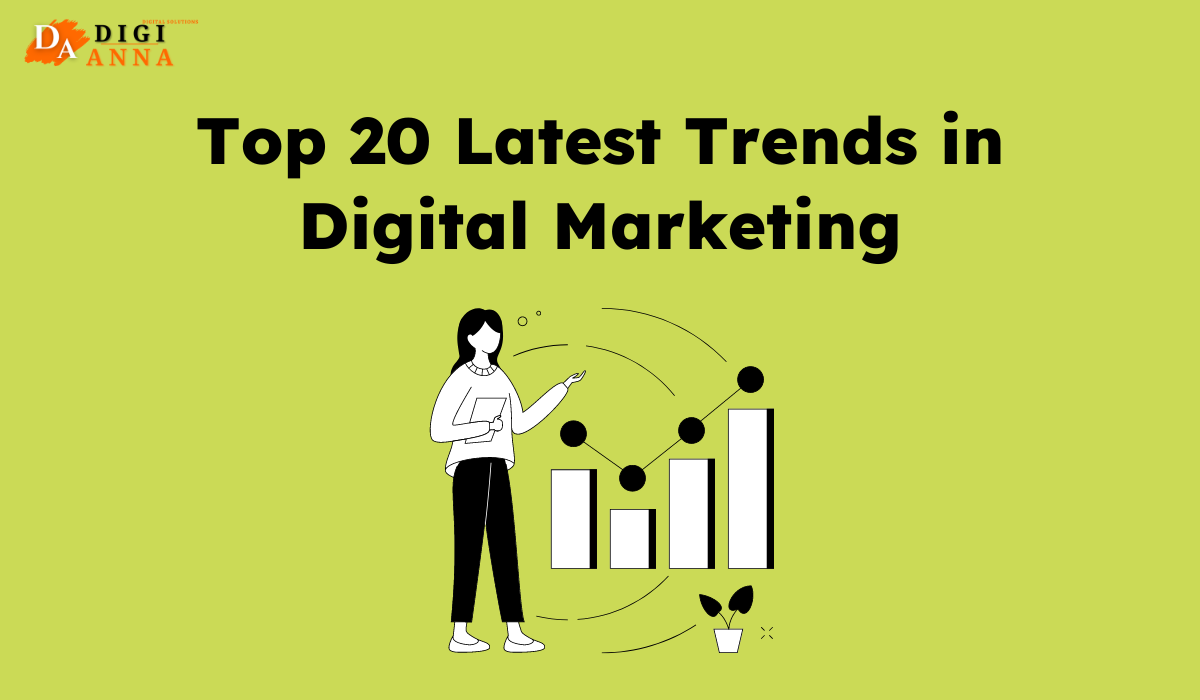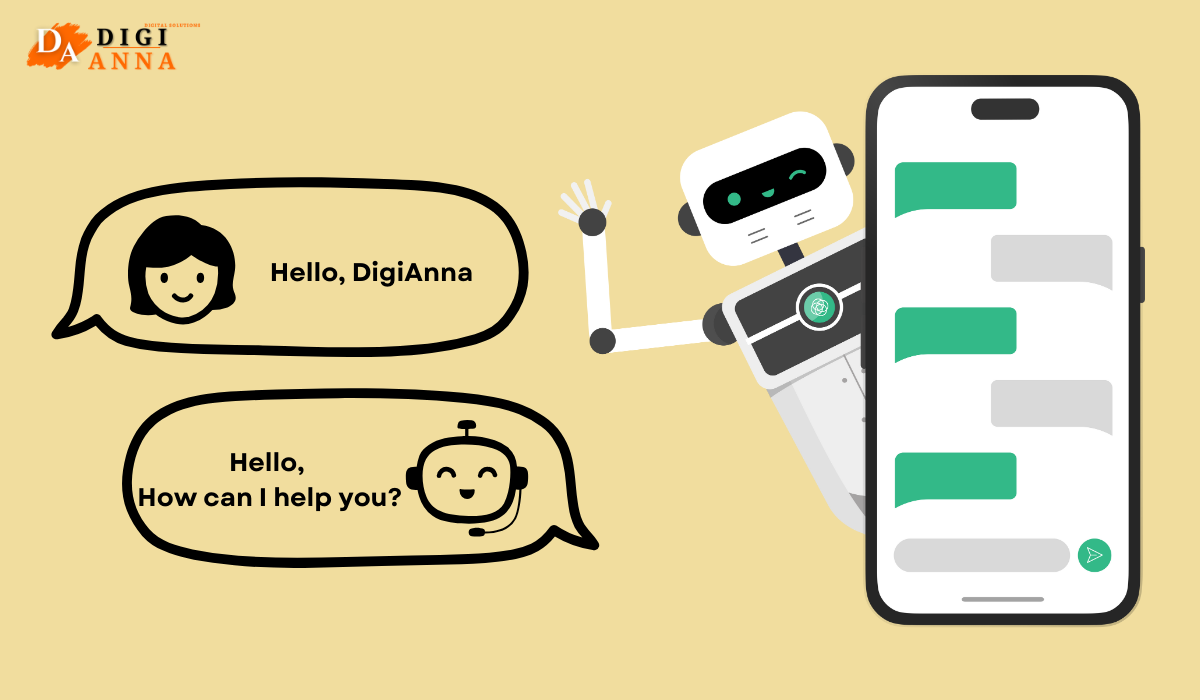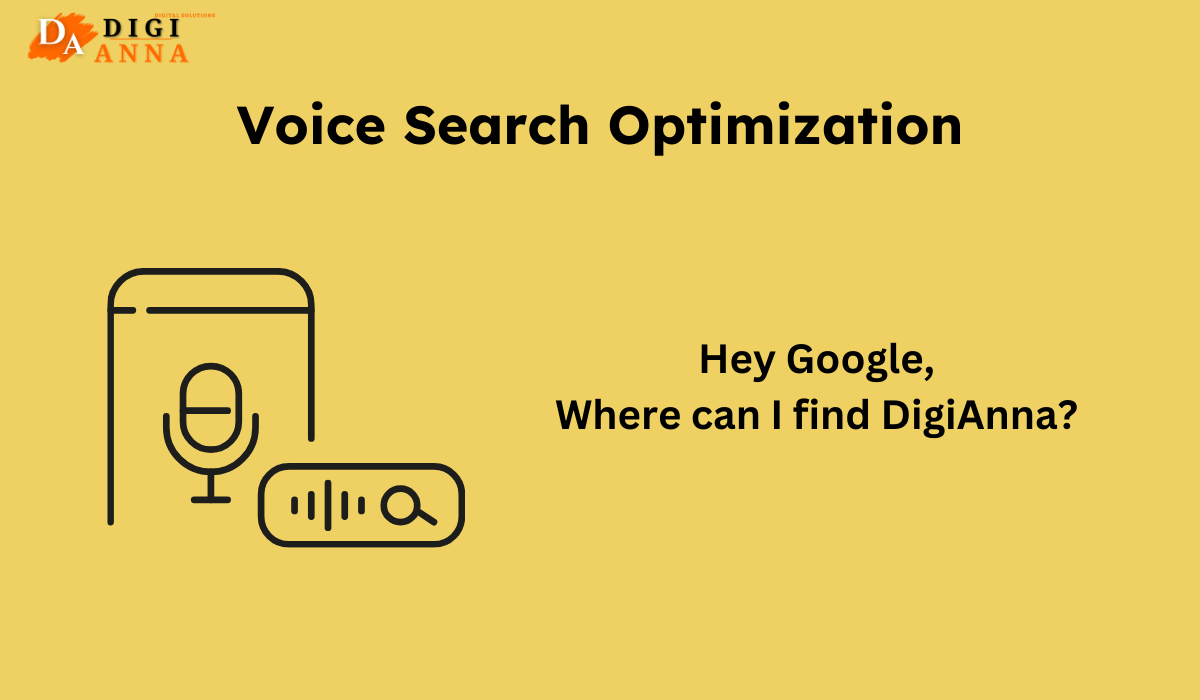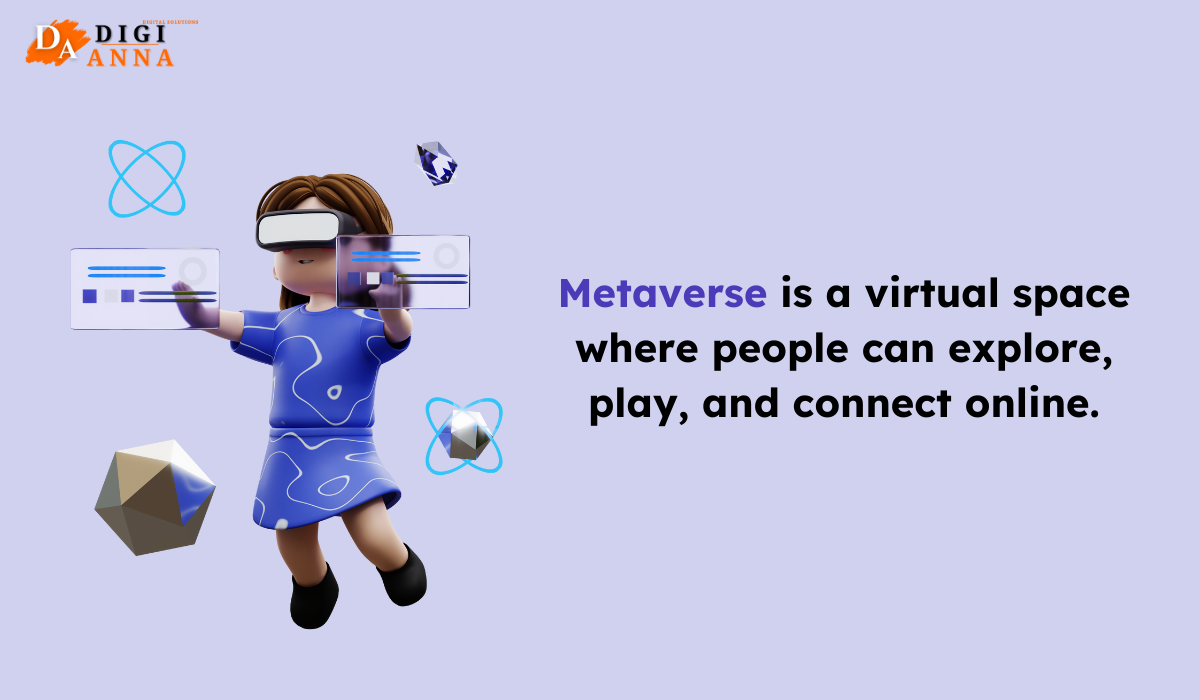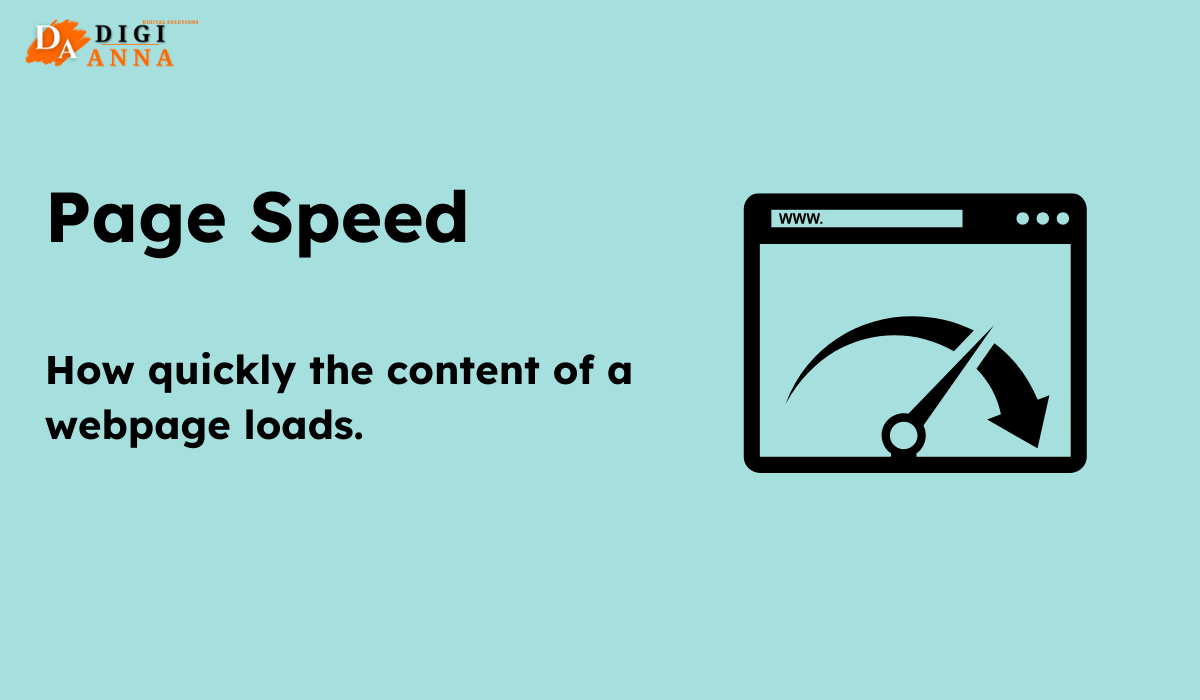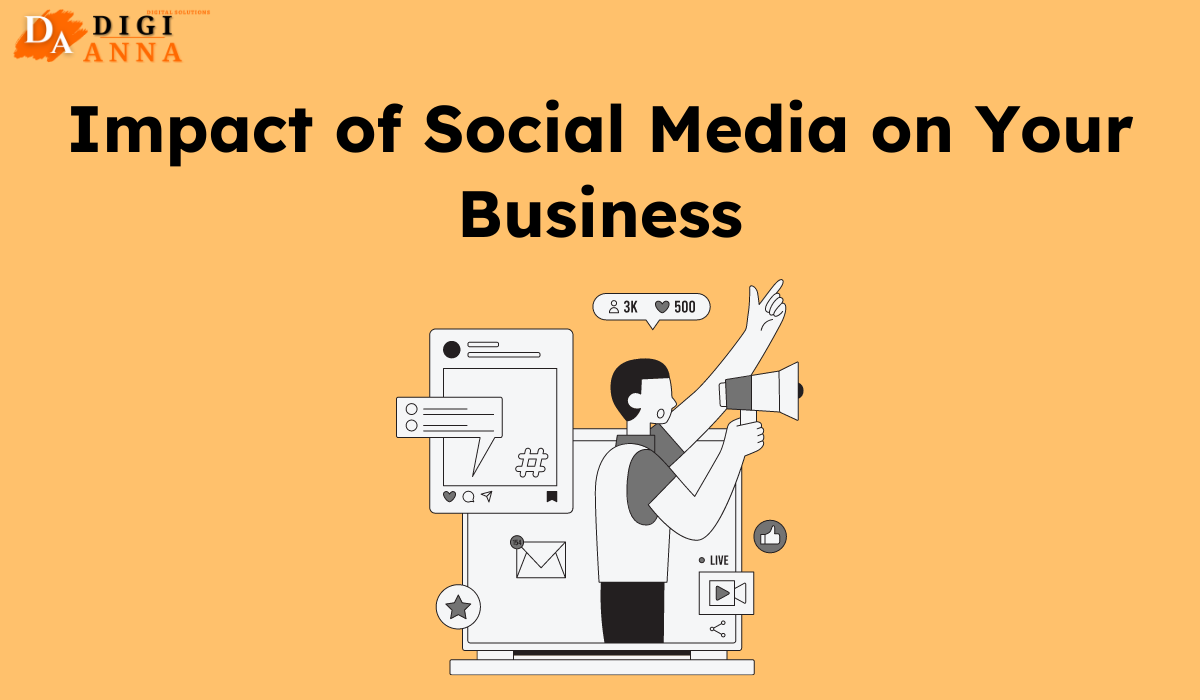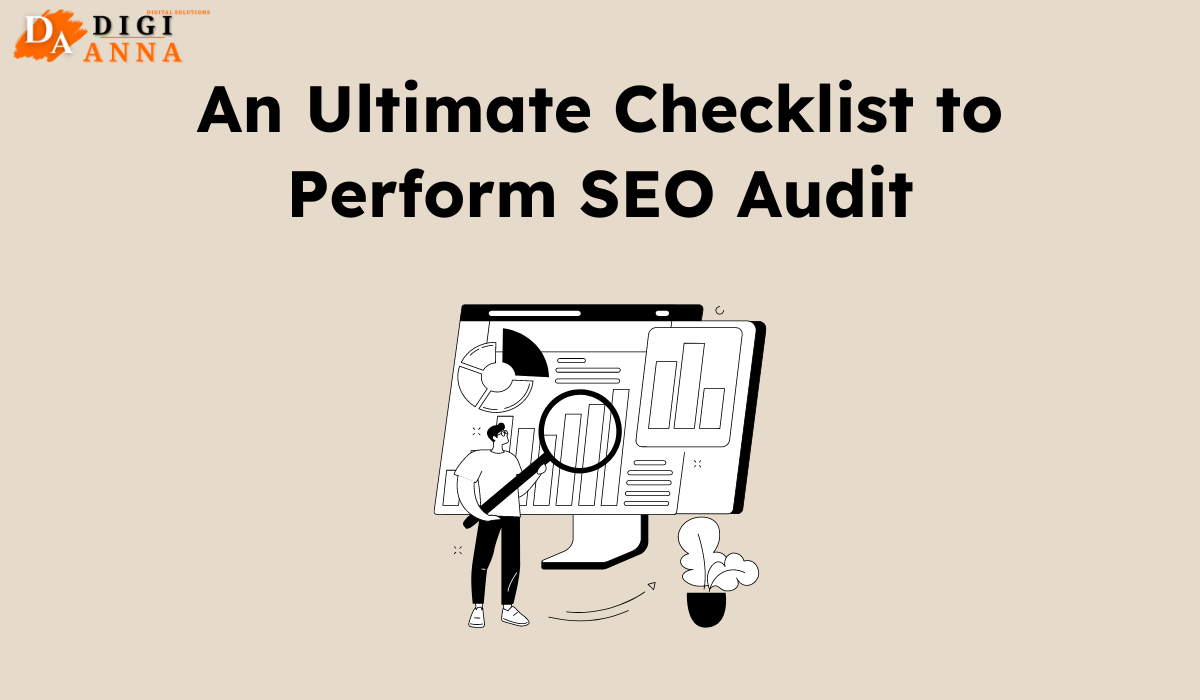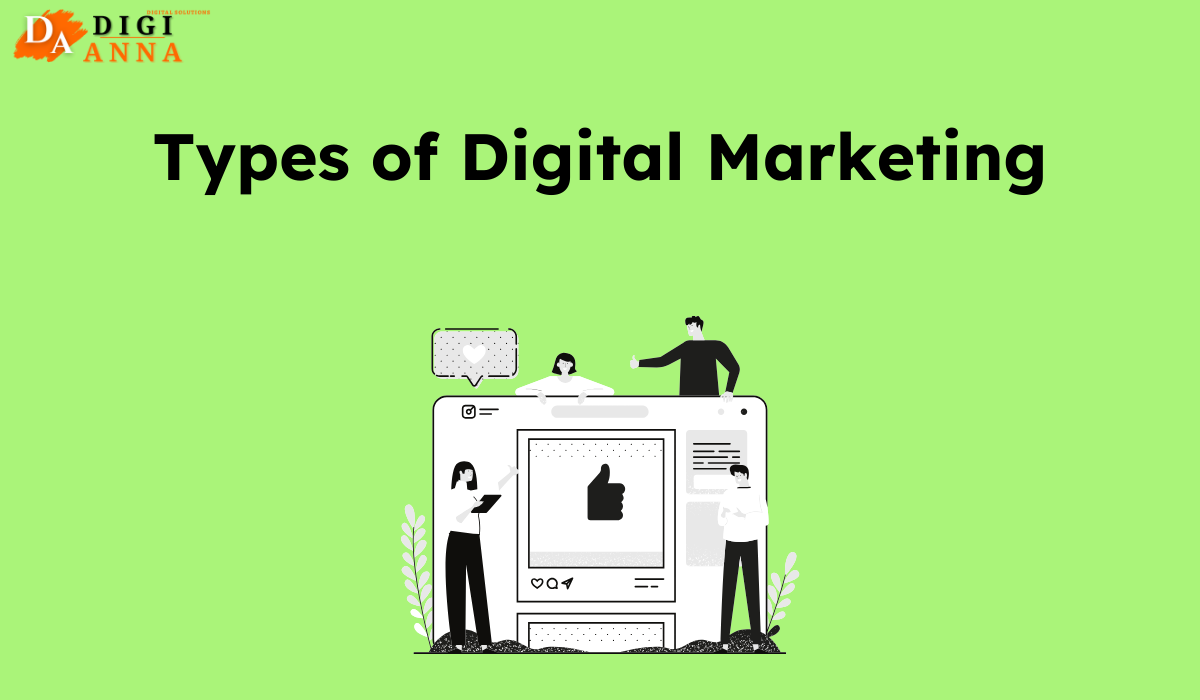In the business and advertising world, digital marketing takes the lead. Let’s look at some of the latest trends shaping this dynamic field. Digital marketing trends are the continuously changing strategies and techniques businesses use to reach their audience online. With each passing moment, a new trend shapes the digital landscape in unpredictable ways. These trends reflect changes in consumer behaviour, technology advancements, and industry innovations. Businesses need to follow these trends to stay competitive. This blog will dive into the emerging digital marketing trends set to influence the industry.
So, let’s move ahead!
Emerging Trends in Digital Marketing
Trends in digital marketing offer fresh opportunities for brands to engage with customers and drive growth. Remember, these trends keep changing, so make sure to adapt your strategies accordingly. It will help you maximize your online presence and stay ahead of the curve.
Here is a glimpse into the exciting developments of digital marketing trends!
1. Conversational AI and Chatbots in Marketing
Conversational marketing is the new buzz in digital marketing. It is transforming the way brands engage with customers. Unlike traditional one-way communication, brands are now focusing on real-time, two-way conversations to build authentic connections. Tools like chatbots, messaging apps, and voice-activated assistants are at the forefront trends in digital marketing, facilitating instant communication and tailored responses. Chatbots aren’t just robotic customer service agents anymore. With advances in AI, they’re becoming sophisticated tools for personalized customer engagement.
2. Virtual Reality (VR) in Advertising
Virtual Reality (VR) transforms advertising by immersing consumers in interactive experiences. This technology transports users into virtual environments, showcasing products in innovative ways. Moreover, VR advertising enhances brand visibility and distinguishes companies in crowded markets. By leveraging VR, businesses create compelling campaigns that captivate audiences and drive engagement.
3. Augmented Reality (AR)
Augmented Reality (AR) is revolutionizing consumer experiences. Virtual try-ons and interactive 3D ads are transforming the fashion and beauty industries. By redefining the shopping experience, they engage audiences in new and exciting ways. This innovative approach not only enhances brand retention but also boosts customer interaction, making it more memorable. With AR technology, brands now have exceptional chances to connect with their audience in meaningful ways.
4. Video Search
Video content is now crucial in shaping consumer decisions. The popularity of Facebook, Instagram, LinkedIn, and YouTube has made video content indispensable. It’s more engaging, shareable, and impactful compared to text.
Formats like live streaming, tutorials, and webinars are grabbing the audience’s attention. Facebook Live and Instagram Live enable real-time engagement. No doubt, they are modernizing trends in digital marketing. Moreover, brands can utilize them for product launches, Q&A sessions, and behind-the-scenes insights, creating stronger connections with their audience.
5. Visual Search
Visual marketing is a prominent trend in digital marketing. Platforms such as Pinterest and Google now allow users to search using images, which makes finding products more accessible. Images catch people’s attention faster than just text, which is really important for keeping people interested online. They help get messages across quicker and make it easier for people to remember brands. Plus, they create websites that look better, which means more people stick around and buy stuff. Using visuals in marketing also means more people share and interact on social media. Overall, visual marketing is excellent for getting people interested and making businesses grow.
6. Predictive & Prescriptive Analytics
In digital marketing, Predictive and prescriptive analytics are growing trends. Predictive analytics looks at past data to predict future trends. Moreover, prescriptive analytics takes it a step further by recommending actions to improve marketing performance. Businesses can make informed decisions by leveraging these tools, enhancing their competitive edge.
Ultimately, these analytics trends in digital marketing empower marketers to make data-driven decisions and increase ROI for businesses in today’s competitive digital landscape.
7. Interactive Content
Interactive content is a rising trend in digital marketing. It grabs people’s attention with engaging experiences instead of just watching. Businesses use quizzes, polls, and cool AR/VR tech to get people involved. This makes them stick around longer and buy more stuff. The rise of interactive content is shaking up how we do digital marketing. It gives customers exceptional, unforgettable experiences they like. And because of that, it’s changing how businesses sell stuff online.
8. Personalization 2.0: Hyper-Personalization
Personalization 2.0, the latest trend in digital marketing, goes beyond basic customization. This innovative approach goes beyond simply using a user’s first name. Instead, it deepens into understanding individual preferences, behaviours, and current situations using AI and real-time data. This level of customization takes user experience to the next level and nurtures brand loyalty.
Furthermore, Hyper-Personalization doesn’t stop there. It combines big data analytics and machine learning to create unique customer journeys. These journeys strengthen customer connections and increase engagement and conversion rates.
9. Voice Search Optimization
Ever asked Google to find you the best nearby restaurant? If so, you’re not alone. Voice search optimization is currently creating a lot of excitement, thanks to the growing popularity of voice assistants. Interestingly, it’s one of the newest trends in digital marketing, and it’s booming. Businesses are adapting their strategies to match the way people naturally speak, aiming to snag featured snippets and top spots in voice search results.
As smart speakers and voice-activated assistants like Amazon’s Alexa, Google Assistant, and Apple’s Siri become more common, optimizing content for voice search is a must. Your content needs to answer questions clearly and conversationally. As more consumers rely on voice-enabled devices, adapting your content for conversational search is crucial to stay competitive in the digital landscape.
10. Short-Form Video Content
Short-form video content is influential among the trends in digital marketing. They’re immersive, interactive, and short-lived to grab attention. Marketers leverage temporary content, especially stories, on platforms like Instagram, Snapchat, and Facebook Fto reach broader audiences effortlessly.
Additionally, these videos are perfect for conveying messages quickly and getting people interested in a short span. They’re great for storytelling, too, which helps build brand recognition. In short, this trend is changing how we do digital marketing, helping us reach more people and make a more significant impact.
11. Metaverse
The Metaverse is a digital space where users can interact and engage in virtual environments. As a digital marketing trend, it offers vast opportunities for businesses to connect with audiences innovatively. Brands can create virtual storefronts, host events, and provide unique experiences to attract customers. With the potential to revolutionize online interactions, Metaverse presents exciting opportunities for marketers. As this trend gains momentum, incorporating it into your digital strategies can enhance brand visibility and customer engagement.
12. Progressive Web Pages (PWA)
Progressive Web Pages (PWAs) are fantastic for creating smooth user experiences that blend the strengths of websites and mobile apps. They load instantly, function offline, and engage users through push notifications. Marketers are turning to PWAs to enhance customer interaction and retention. Moreover, they optimize conversion rates and improve SEO performance. These make PWAs a pivotal trend in digital marketing, ensuring top-notch user experiences across devices and making them essential for your online presence.
13. User-Generated Content (UGC) Campaigns
User-generated content (UGC) campaigns involve users creating and sharing content related to a brand or product. It can include various content types, such as reviews, testimonials, photos, and videos. The brand then uses this content for promotion, which can increase engagement, build trust and enhance reach. Surprisingly, it’s like getting your customers to do marketing for you. With the rise of social media, this has become a powerful trend in digital marketing for brands to connect with their audience.
14. Programmatic Advertising
Programmatic advertising is a digital marketing trend where software automatically buys and sells ads. It uses algorithms to target specific audiences based on demographics, interests, and behaviour, making ads more relevant. This approach saves time and improves efficiency in reaching potential customers. Ad placements across various channels like websites and social media platforms are done through real-time bidding.
As a result, businesses can allocate their resources more effectively, maximizing their ROI by delivering personalized ads to the right people at the right time. Consequently, it is transforming the way businesses promote their products.
15. Omnichannel Marketing
Omnichannel marketing is a strategy where businesses seamlessly interact with customers across various channels. It’s a trend in digital marketing that ensures a consistent brand experience regardless of the platform or device used by the customer. By integrating channels like social media, email, and physical stores, companies can reach customers at every touchpoint of their journey. This approach enhances customer satisfaction and loyalty. Moreover, it allows businesses to gather valuable data and insights for personalized marketing efforts.
16. Online Reviews as a Word-of-Mouth Marketing
Online reviews, a type of word-of-mouth marketing, are opinions shared by customers on digital platforms regarding products or services they’ve used. It is a significant trend in digital marketing as it shapes consumer decisions. These reviews offer social proof, as consumers trust peer recommendations, impacting their purchasing decisions and brand perception.
Additionally, they provide valuable insights into customer satisfaction and areas for improvement. For businesses, online reviews are a potent digital marketing tool. Positive feedback can attract more customers, while negative ones prompt improvements and build trust by showing authenticity.
17. Micro-Influencer Partnerships
Micro-influencer partnerships, an emerging trend in digital marketing, involve collaboration between brands and individuals with smaller but highly engaged social media followings. By teaming up with micro-influencers, brands can reach niche markets authentically. These partnerships often yield higher engagement rates and trust among consumers. Ultimately, it’s a cost-effective approach for brands to reach targeted audiences in a more organic and relatable manner.
18. Page Speed
Page speed means how quickly a webpage loads and shows its content. It’s a crucial trend in digital marketing impacting user experience and website performance. Optimizing page speed leads to better user engagement and retention, reducing bounce rates. Additionally, search engines like Google prioritize websites with faster loading speeds in search results, positively impacting the rankings. Thus, optimal page speed is essential for improving online visibility and conversion to enhance user satisfaction and SEO performance.
19. Data Privacy and Transparency
In today’s digital world, businesses focus more on Data Privacy and Transparency. Consumers want more control over their personal information, so companies must be transparent about collecting, storing, and using data. Brands that adopt strict privacy policies and openly discuss handling consumer data build trust and nurture lasting relationships. This trend in digital marketing reflects a move towards ethical marketing, prioritizing customer privacy and credibility at a time when people are more aware of data issues.
20. Push Notifications and SMS marketing
Recent trends in digital marketing have seen the rise of Push Notifications and SMS marketing as significant tools. Push notifications are messages that appear on mobile devices, providing users with updates or promotions from apps or websites and keeping them engaged. On the other hand, SMS marketing involves sending direct text messages to users’ phones, providing an immediate and direct line of communication for promotions or information.
Both strategies are incredibly effective for businesses aiming to connect with their audience instantly. Whether through timely alerts or direct messages, these methods ensure businesses can stay associated with their customers in real-time, enhancing their online presence and fostering customer loyalty.
In Conclusion
The world of digital marketing is always changing, and staying updated is necessary. Brands that use the latest trends in digital marketing will stand out and do better, getting more engagement, loyalty, and revenue. As technology advances, marketers should remain adaptable, innovative, and focused on delivering exceptional value to their audience. Stay ahead of the curve by incorporating these trends into your digital marketing strategy today!

